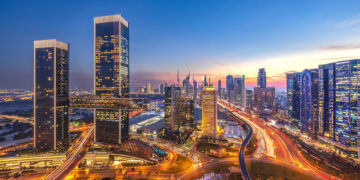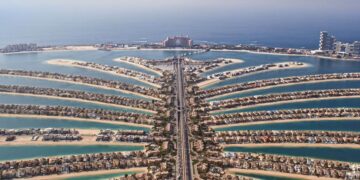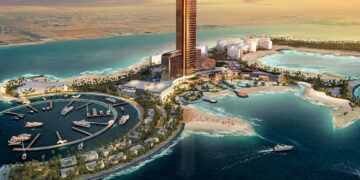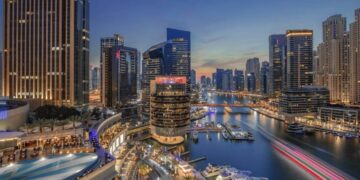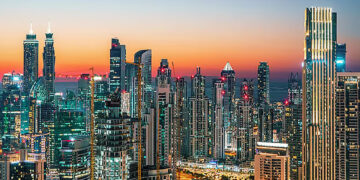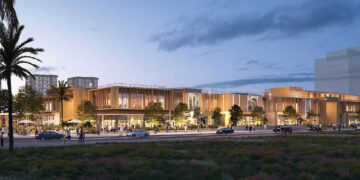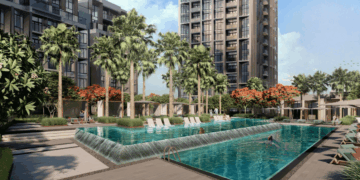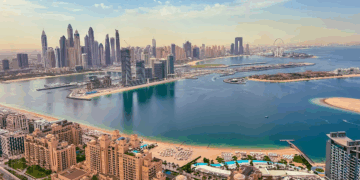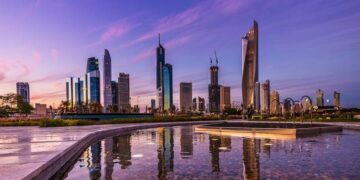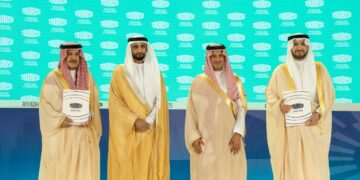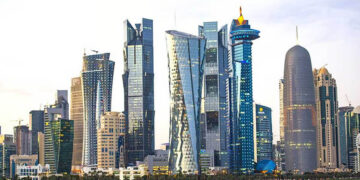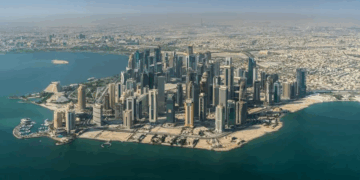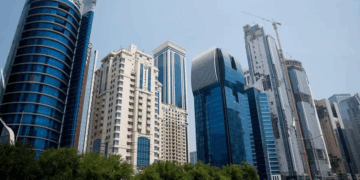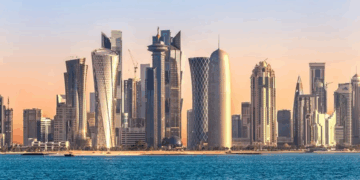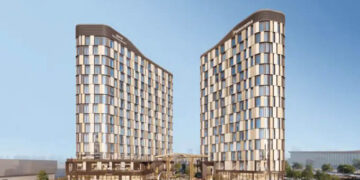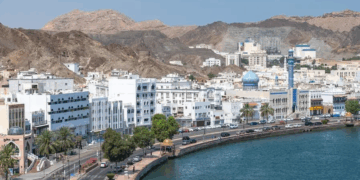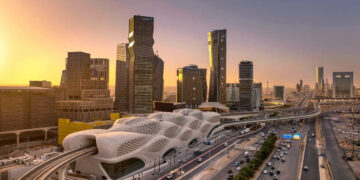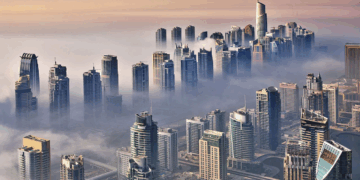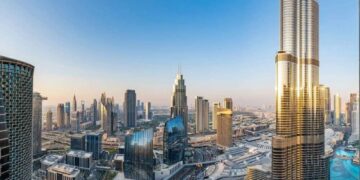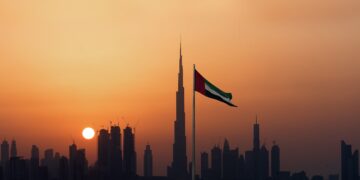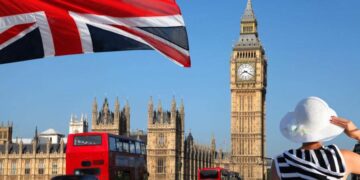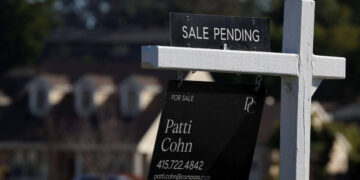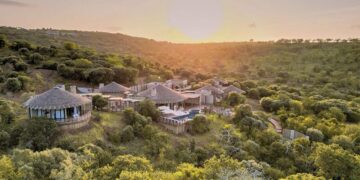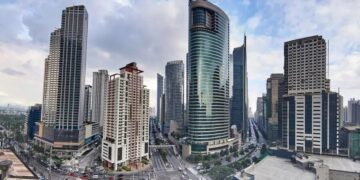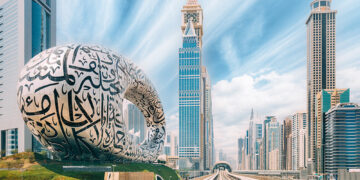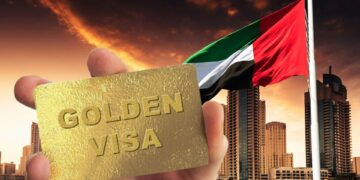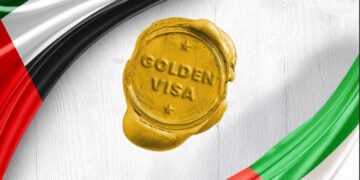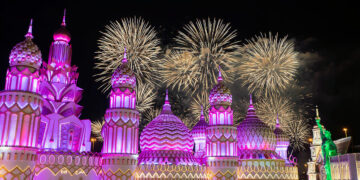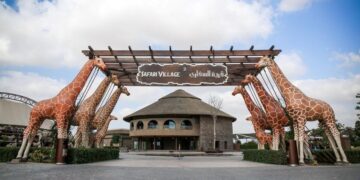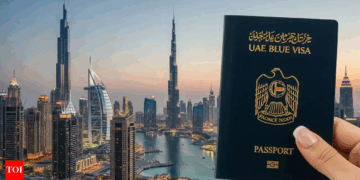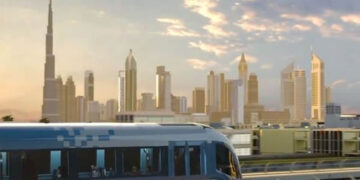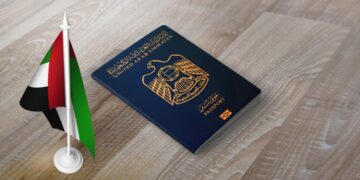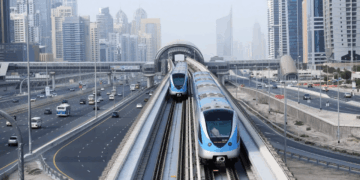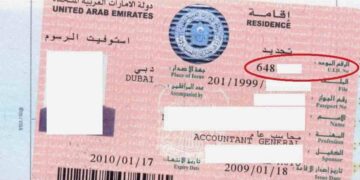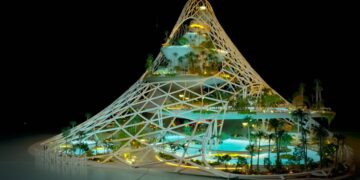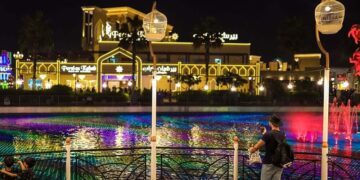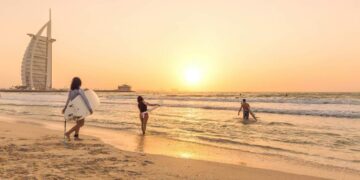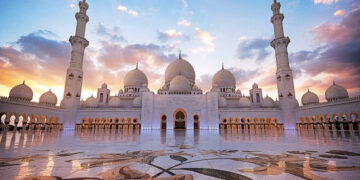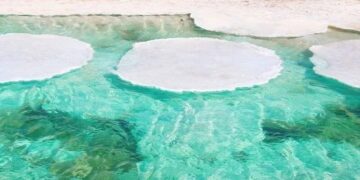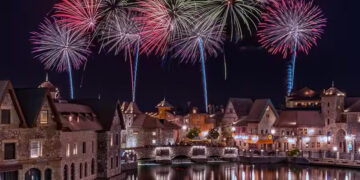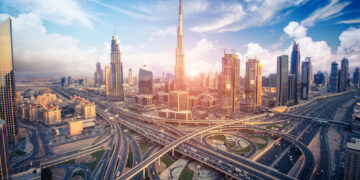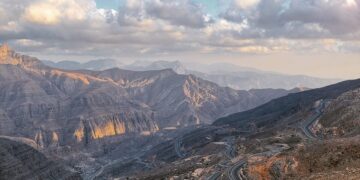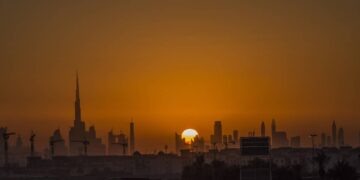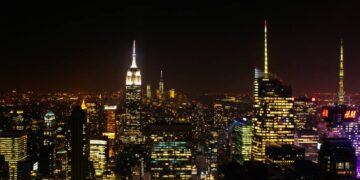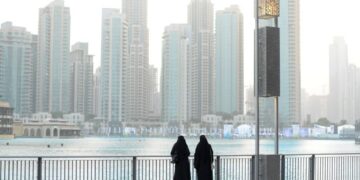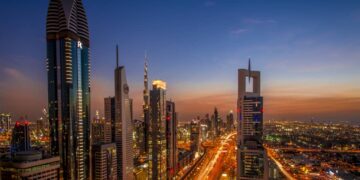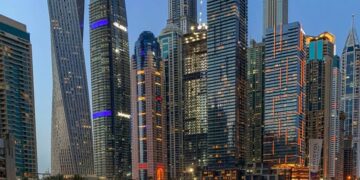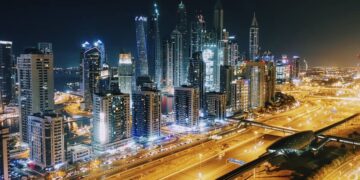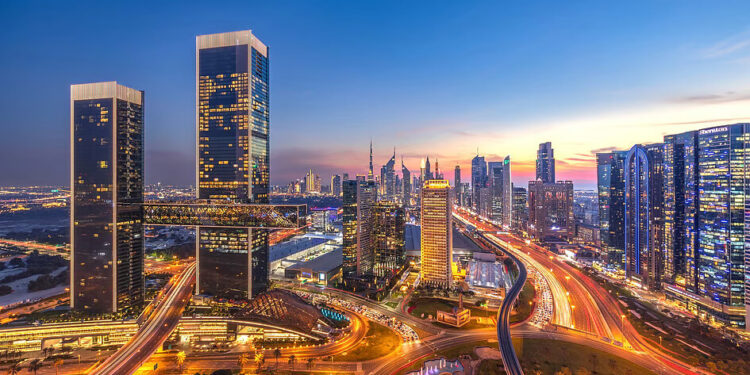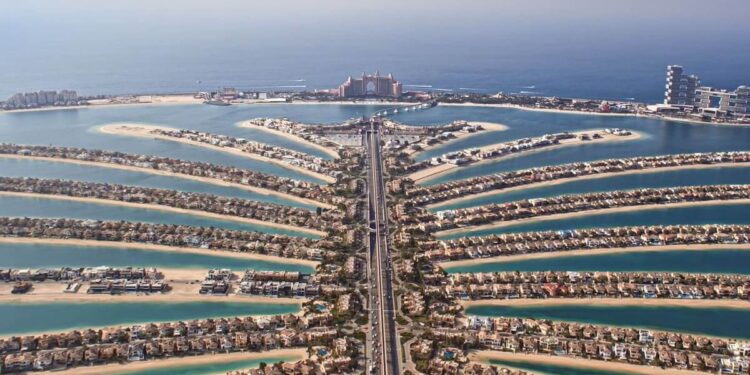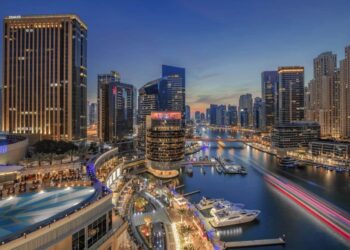Despite the often slow summer months, Dubai’s real estate market had one of its best quarters ever in 2025, continuing its incredible run.
According to Engel & Völkers Middle East, third-quarter commercial transaction values increased 31%, while residential sales increased 22.7% year-over-year.
The findings reflect Dubai’s rising position as one of the world’s most stable and mature real estate markets – backed by sturdy investor confidence, a continuous influx of new residents, and deep-rooted end-user demand.
“Dubai’s property market has reached a new level of maturity,” said Daniel Hadi, CEO of Engel & Völkers Middle East. “We’re seeing not just speculative investment but a long-term commitment from people who view Dubai as home — a place to build their lives, careers, and legacies.”
With more than four million residents, the city nevertheless has a strong demand base for both the residential and commercial sectors. Off-plan properties made up around 70% of all transactions in the housing market, dominating activity. Apartments accounted for 87 percent of all sales, with 47,705 units sold for Dh91.4 billion, a 26.4% increase over the previous year. The luxury market continued to grow, with 1,388 transactions totaling more than Dh10 million—the second-highest quarter ever. A Dh173.6 million apartment at Aman Residences in Jumeirah and a Dh350 million off-plan house at Jumeirah Asora Bay were two notable purchases.
There has been a wide range of demand, with new off-plan developments like Dubai Science Park, Damac Riverside, and DLRC drawing significant attention from investors due to their potential in the long run. In the meantime, there was still a lot of secondary-market activity in well-known neighborhoods including Downtown Dubai, Dubai Marina, and Jumeirah Beach Residence. Rising rents and an increased sense of permanence among expatriate residents are also encouraging a gradual move from renting to ownership, particularly among families and professionals seeking long-term security in the UAE.
Equally dynamic was the business sector, which saw 3,418 transactions totaling Dh30.4 billion, a 31% increase from the previous year. Every asset class saw double-digit growth: buildings increased by 50%, retail by 37%, offices by 45%, and land by 38%. Ras Al Khor recorded Dh2.9 billion in large-scale land sales, while Business Bay led with Dh3.4 billion in agreements.
Thanks to the growing demand for contemporary, environmentally friendly, and well-located workspaces, the office market has become a remarkable performer. The quarter saw the sale of 1,151 offices for Dh3.1 billion, which is almost twice as much as the value from the previous year. Investor confidence in Dubai’s next stage of business and economic growth is demonstrated by the off-plan office sales, which increased from just 69 in Q3 2024 to 389 this year. “The surge in off-plan office demand shows how investors are adapting to Dubai’s evolving business landscape,” said Hadi.
These trends are supported by a robust economic environment. The International Monetary Fund predicts that diversification efforts, fiscal restraint, and ongoing foreign investment would help the UAE’s GDP grow by 4.8% in 2025 and 5% in 2026. Although inflation is still low, the property market is predicted to gain more traction in 2026 as a result of anticipated interest rate reductions.
Market watchers say that Dubai has overcome cyclical ups and downs due to its resilience. Together with its rapidly expanding population and infrastructure pipeline, the emirate’s capacity to draw in international capital, high-net-worth individuals, and multinational enterprises further solidifies its standing as a leading global city.
In the last quarter of 2025, Engel & Völkers anticipates that both the residential and commercial categories will continue on their increasing trajectory.
“Dubai has demonstrated that sustainable growth is now embedded in its DNA,” Hadi said. “It’s no longer just a city for investment — it’s a city of belonging, ambition, and enduring value.”
